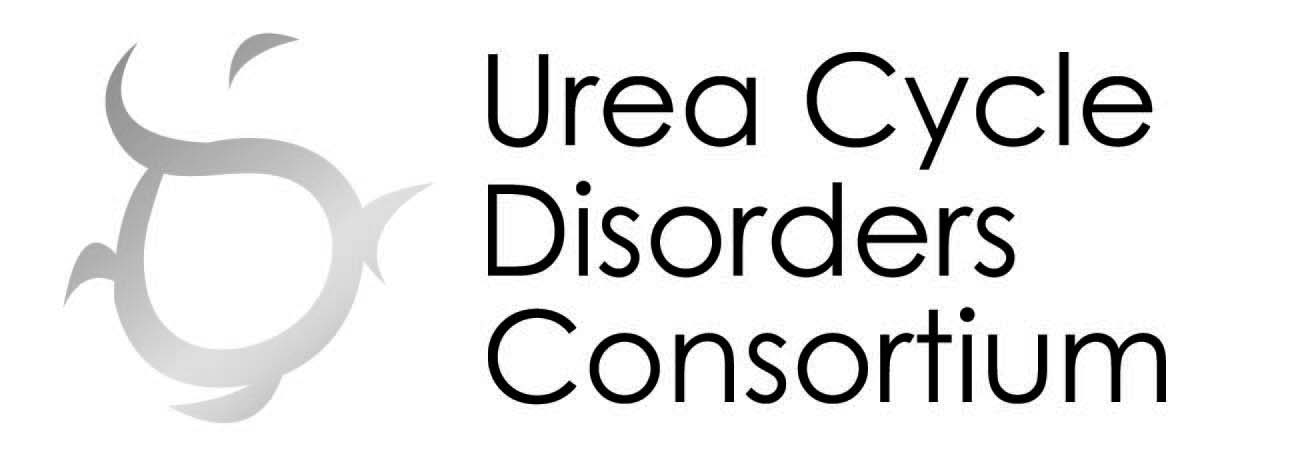Diseases Studied
The Rare Diseases Clinical Research Network is an NIH-funded research network of 21 active consortia or research groups working to advance treatment for diseases that are rare. Use the search tools on this page to find the diseases we currently study. You can reach out to the indicated consortia or research groups for more information on those diseases and studies underway.
This network focuses on clinical research and does not generally support clinical care outside of research activities. To learn about other rare diseases, please visit the Genetic and Rare Diseases Information Center (GARD), which is an NIH program that helps the public find reliable information about rare and genetic diseases. Their staff are specialists. Contact them at 1-888-205-2311 or email GARDinfo@nih.gov.
All Diseases > Ornithine translocase deficiency
Ornithine translocase deficiency
Alternative Names: HHH Syndrome, Hyperornithinemia-Hyperammonemia-Homocitrullinuria Syndrome
Disease Category: Urea Cycle Disorders
An inherited, metabolic, urea cycle disorder characterized by homocitrulline excretion in urine as well as hyperornithinemia and hyperammonemia (high blood ornithine and ammonia levels, respectively). These signs are due to deficiency or absence of an enzyme needed to convert nitrogen from protein metabolism (break down) into urea (a waste product). Symptoms include vomiting, feeding and growth problems, fatigue, seizures, respiratory distress, liver problems, spasticity (muscle stiffness), coma, ataxia (lack of coordination), developmental delay, and cognitive impairment.
Research groups studying this disease
Urea Cycle Disorders

Urea Cycle Disorders Consortium (UCDC)
Recruiting
5101: Longitudinal Study of Urea Cycle Disorders
Long-term observation of the impact of UCDs on physical and neurological functioning, the relationship between health indicators and disease severity and the efficiency of UCD therapies.
5113: Biomarkers of Neurological Injury and Recovery in Urea Cycle Disorders
Study of how UCDs affect thinking, body chemistry and brain structure using magnetic resonance imaging (MRI) and behavioral testing.
Not Yet Recruiting
5123: Novel food photography method to measure dietary intake in patients with UCDs
The purpose of this research study is to test a new method to measure food intake using smart phone photos of your food before and after meals. We will compare the smart phone food photos to a 3-day diet record and we will measure how many calories you burn.
National Urea Cycle Disorders Foundation
Leads the fight to conquer urea cycle disorders (UCD) and drive critical research to improve outcomes while supporting families.
